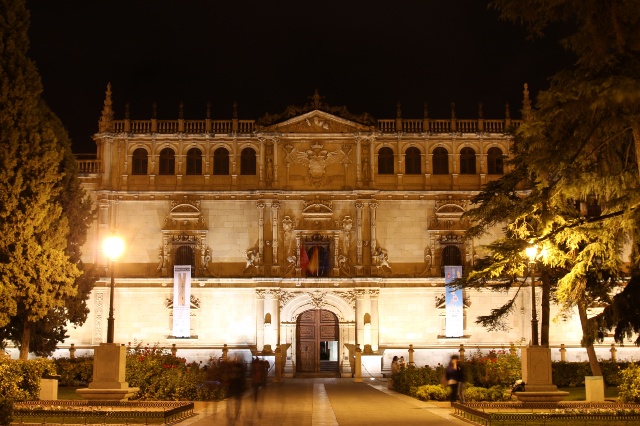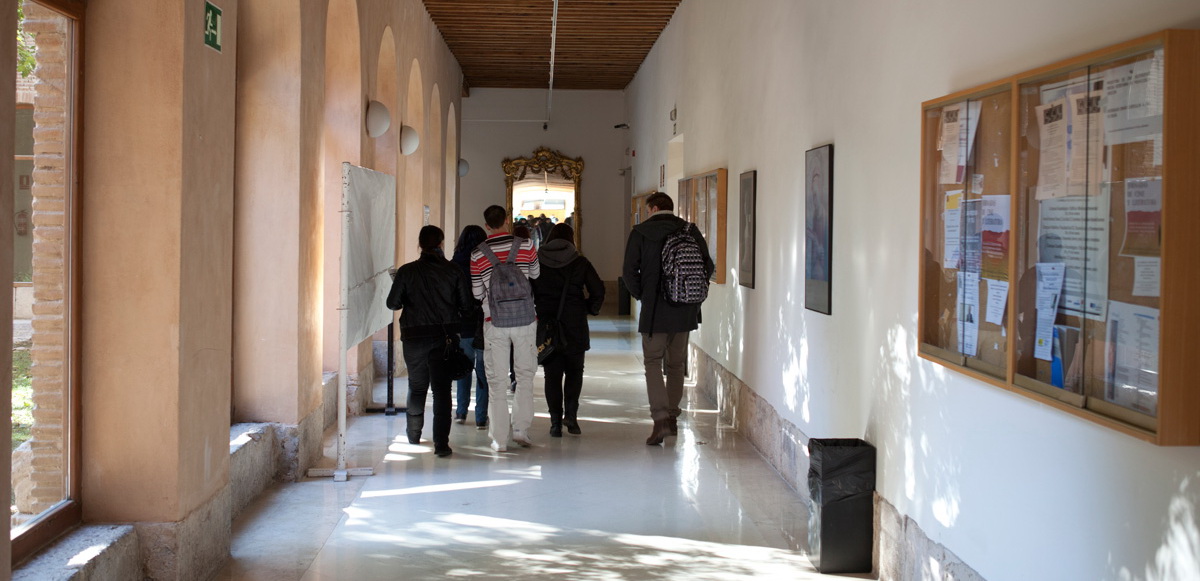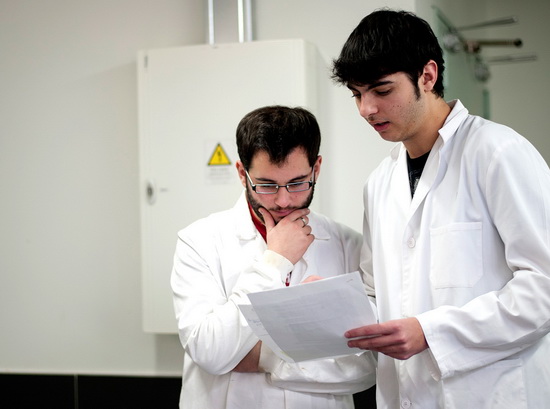The main objective of the Degree in Modern Languages and Translation is to produce professionals with a high capacity for understanding and expressing themselves in English, as well as sufficient knowledge of at least one other foreign language (German or French). They should also have acquired an overall knowledge of the linguistic, historical, cultural and literary conditions of English-speaking countries, and basic knowledge of the cultural environment of the German or French language.
The study programme facilitates student mobility through Erasmus exchanges and collaboration projects with foreign universities. Graduates should be able to improve their competences in English in general, and in text analysis and interpretation, in particular. They should be capable of integrating and applying their knowledge to text translation and interpretation, editing, and other related tasks, such as cultural mediation.
They should also use technological tools are carrying out their tasks, being innovative and updating their knowledge about the countries of influence in their profession, according to their specialisation. They should be able to use communication competences correctly and adequately, adapting to specific contexts and environments.
As language professionals, graduates of this course are qualified to interact as interpreters and mediators in various languages and contexts related to their specialisation, handling both oral content and written texts. They could study specialised translation in one field of knowledge in depth: law, science and technology, literature, humanities, etc. Their multi-faceted training enables them to perform other roles in the multicultural, linguistic and literary sectors.






